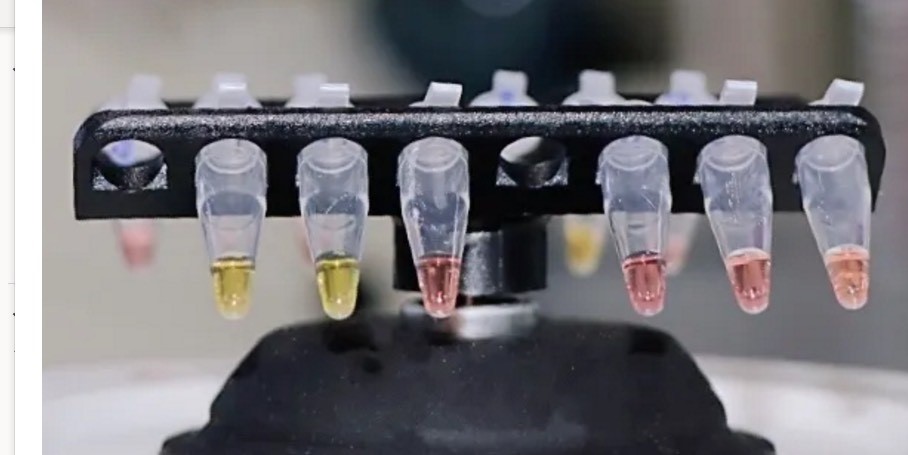Oxford team develops rapid coronavirus test
Oxford scientists in the UK and China have developed a rapid new coronavirus test that can identify COVID-19 in 30 minutes.

Existing viral RNA tests take 1.5 to 2 hours to give a result. The new test, developed by scientists from the University of Oxford’s Engineering Science Department and the Oxford Suzhou Centre for Advanced Research (OSCAR) in China, works around three times as quick. According to the researchers, the coronavirus test does not require elaborate equipment.
“The beauty of this new test lies in the design of the viral detection that can specifically recognise SARS-CoV-2 (COVID-19) RNA and RNA fragments,” said Prof Wei Huang, one of the research leads. “The test has built-in checks to prevent false positives or negatives and the results have been highly accurate.”
According to the Oxford team, the technology is very sensitive, meaning that patients in the early stages of infection could potentially be identified sooner, helping to reduce the spread of the coronavirus. Current UK testing has been criticised for not being rolled out wide enough, with most members of the public and even many NHS staff not qualifying for testing. The WHO has been vocal that widespread testing is essential in order to identify and contain the spread of the virus.
Register now to continue reading
Thanks for visiting The Engineer. You’ve now reached your monthly limit of news stories. Register for free to unlock unlimited access to all of our news coverage, as well as premium content including opinion, in-depth features and special reports.
Benefits of registering
-
In-depth insights and coverage of key emerging trends
-
Unrestricted access to special reports throughout the year
-
Daily technology news delivered straight to your inbox










UK Enters ‘Golden Age of Nuclear’
The delay (nearly 8 years) in getting approval for the Rolls-Royce SMR is most worrying. Signifies a torpid and expensive system that is quite onerous...